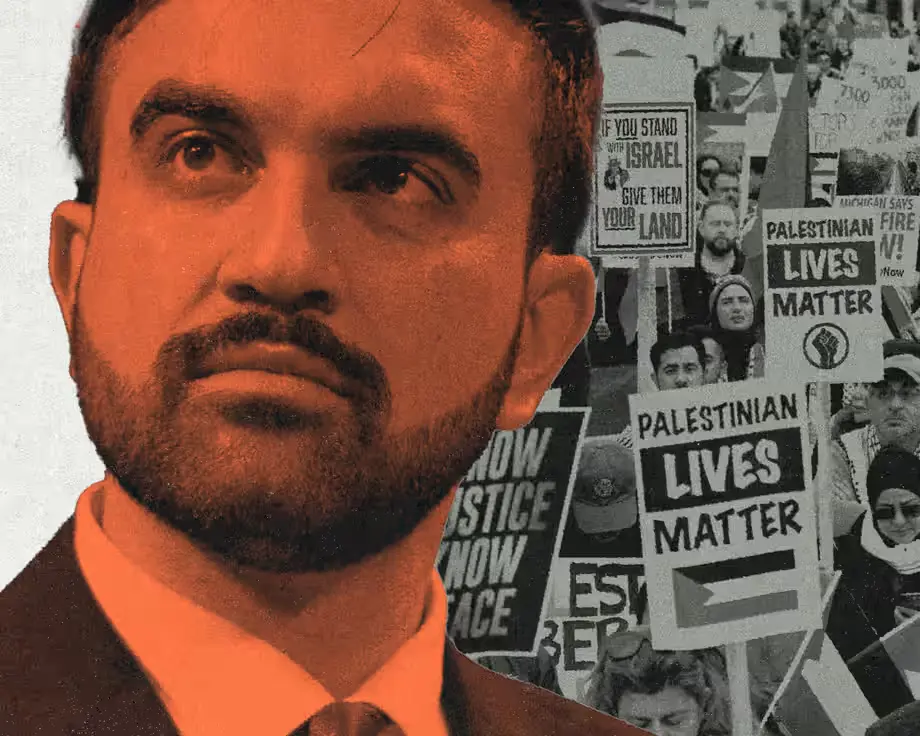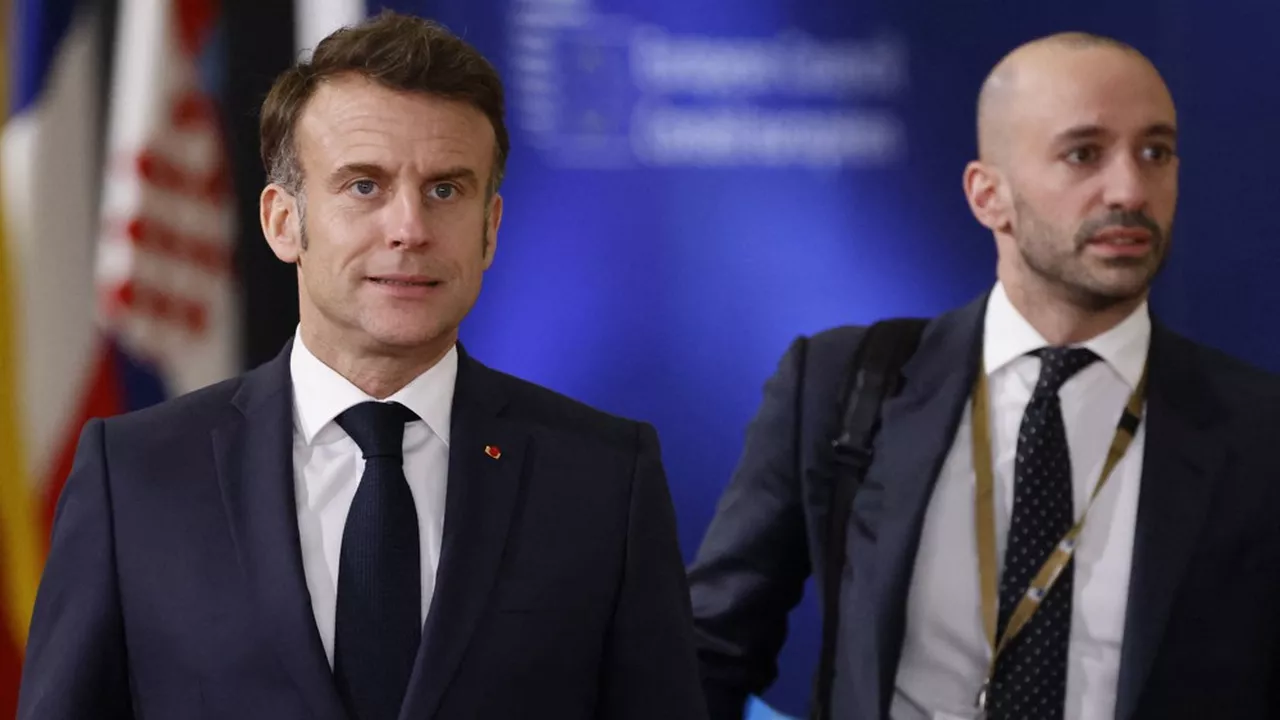Mamdani’s Stand for Gaza Sets a Moral Example Democrats Should Follow
New York State Assemblymember Zohran Mamdani remained unwavering in his support for Gaza despite political pressure — offering a lesson in moral clarity and courage the Democratic Party would do well to emulate.
As political discourse in the United States continues to fracture over the war in Gaza, one lawmaker's unwavering stance has become a symbol of conscience and courage. Zohran Mamdani, a progressive member of the New York State Assembly, stood firm in his vocal support for the Palestinian people — even as political allies distanced themselves and criticism from party leadership mounted. Mamdani, who represents parts of Queens and is a member of the Democratic Socialists of America (DSA), became one of the most prominent state-level politicians to publicly call for a ceasefire, condemn the siege on Gaza, and challenge U.
S. military aid to Israel during the latest escalation in the region. His stance, while controversial within certain Democratic circles, resonated with a growing segment of the American public — particularly among young voters, progressives, and Arab and Muslim communities.
What sets Mamdani apart is not just his political courage, but his consistency. As others in the Democratic Party wavered, softened their language, or remained silent, Mamdani leaned into the principles he campaigned on — human rights, international justice, and an end to unconditional U. S.
support for military operations abroad. His message was simple: Palestinian lives matter, and advocating for their freedom should not be politically taboo. This principled position cost him politically.
Following his participation in a pro-Palestinian rally and continued calls for the U. S. to reassess its role in the conflict, Mamdani faced censure from some Democratic colleagues.
He was removed from the Working Families Party’s endorsement slate, a move widely seen as retaliation for his pro-Gaza stance. Yet rather than retreat or tone down his message, Mamdani doubled down, stating that he would rather lose institutional support than betray his values. In a moment when moral leadership is often drowned out by polling data and fundraising metrics, Mamdani’s example is a stark reminder that principled dissent still matters in American politics.
The broader Democratic Party, particularly its national leadership, has struggled to find a coherent stance on Gaza. While some Democrats have called for de-escalation and humanitarian aid, the party has largely avoided direct criticism of Israel’s military conduct, instead echoing the Biden administration’s line of supporting Israel’s right to self-defense while offering only mild concern about civilian casualties. This approach has increasingly alienated progressives, especially as reports from human rights organizations and journalists in Gaza have drawn international condemnation for massive civilian casualties, displacement, and destruction.
Younger Democrats and voters of color — once a solid base — have grown more vocal in their frustration with the party’s refusal to challenge the status quo of U. S. foreign policy in the Middle East.
For many of these voters, Mamdani’s message is not radical — it’s necessary. His emphasis on ending collective punishment, demanding accountability for war crimes, and promoting diplomatic solutions over endless militarism aligns with evolving views among the Democratic grassroots. What’s more, Mamdani’s background as an immigrant, Muslim, and child of Ugandan and Indian heritage gives his voice unique weight in a debate that has long excluded those most connected to the global South and Muslim world.
He speaks not just from ideology, but from lived experience — and that authenticity has made him a powerful advocate. Importantly, Mamdani’s defiance shows that political survival and moral clarity are not mutually exclusive. Despite losing key endorsements, he retained strong support among his constituents and was not forced to step down.
In fact, his stand appears to have strengthened his local base, demonstrating that voters respect honesty, even when it’s controversial. The Democratic Party should take note. In an era when voters are increasingly disillusioned with performative politics and hollow slogans, genuine courage is rare — and increasingly, it’s what people are looking for.
Polling shows that support for unconditional military aid to Israel is declining across party lines, while support for Palestinian human rights is rising, especially among Gen Z and millennials. By distancing itself from members like Mamdani, the Democratic establishment risks alienating the very coalition it needs to energize in 2024 and beyond. Rather than punishing dissent, the party would benefit from embracing the diversity of opinion within its ranks and recognizing that defending human rights abroad is not incompatible with supporting allies — it’s the moral imperative of global leadership.
Mamdani is not alone. Figures like Rashida Tlaib, Ilhan Omar, and Cori Bush have also taken courageous stances in support of Gaza, often facing backlash for doing so. But what makes Mamdani’s case unique is that he is operating not at the national level, but at the state level, proving that international issues do resonate locally and that grassroots activism can shape foreign policy debate from the ground up.
At a time when Gaza’s future is increasingly uncertain, and as millions continue to suffer displacement and devastation, voices like Mamdani’s serve as a reminder that politics can be a force for moral action — if only leaders are brave enough to wield it that way. As the Democratic Party reflects on its future direction, it would do well to listen to its most principled voices, not silence them. Because sometimes, the most courageous leadership doesn’t come from the top — it comes from those willing to stand alone, simply because they know it’s the right thing to do.
20th july 2025



